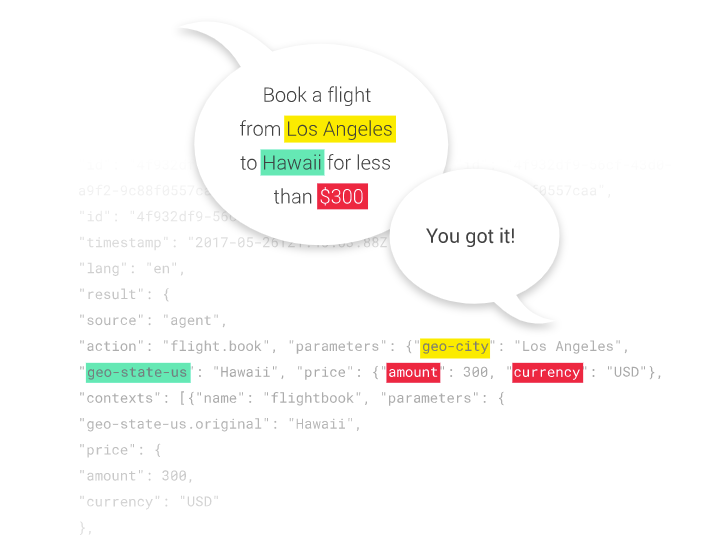How AI has given content marketing a boost

Artificial intelligence (AI) has advanced by leaps and bounds ever since Alan Turing first asked the question, ‘can machines think?’ in 1950.
A game changer in all major industries, including content marketing, AI is evolving the way companies conduct themselves in the market. So how does it really fit into the content marketing space?
A significant 72% of executives believe that AI will add an edge to businesses in the future. To realise those business objectives, marketers today have begun using AI tools such as predictive analysis, language processing, and algorithms to optimise the efficiency of their content-marketing projects.
As a data-driven tool, AI has helped in the discovery of SEO-friendly keywords, thereby streamlining all content-based efforts.
With chunks of uncategorised data available to marketers, AI is also being used to extract insights and make tailored recommendations based on it.
But that’s only scratching the surface. Let’s delve deeper into these processes.
1. Artificial Intelligence assists in the regular generation of content
Did you know big names like Yahoo, Samsung, and Fox have been using AI to generate high-quality content for a while now?
Natural Language Generation (NLG) is a branch of AI that uses algorithms to translate data into a human-legible language. Addressing the high demand for premium quality content, marketers are using AI to generate a basic, short piece of content almost daily.
Swedish university Karlstad conducted a study to gauge whether readers could differentiate between content produced by humans and that generated by machines. It was found that subjects were unable to tell apart a simple sports article put together by AI and then by people.
However, this doesn’t mean that as a marketer you don’t need to feed a template first to get the results you desire. Moreover, a piece of writing driven more by the human perspective than just data and facts requires a personally injected emotive boost.
So keep in mind that automatic content creation, at least for now, can’t mean kicking back as AI does your job of content creation.
2. It helps curate bespoke content
With Artificial Intelligence helping with content production, step one can be checked off the list. But with the mass volume of content being shared on different online platforms, your content also needs to reach the right audience.
Given that 67% of marketers claim audience identification and targeting as the top marketing priority, it would be erroneous to not leverage AI for requirements like content discovery and feed customisation.
AI can help you capitalise on local data, gauge topic sizing, and interpret consumer intent. For instance, AI tools can improve content performance through an analysis of top-ranking content.
Moreover, predictive intelligence can help distribute content through the ideal channel and with the best-suited format, thereby catering to the different stages of the buyer’s journey.
3. It helps implement better content strategies
Content marketing is about the right mix of art and science. Where humans excel at the art, Artificial Intelligence helps out by balancing the science.
AI-powered applications like the HubSpot Content Strategy Tool, CONCURED, Crayon, and others use machine learning to give marketers an edge over their competitors online and the topics they need to write about next if they wish to drive engagement.
These data-driven tools help create strategies driven by relevant data, which is why brands that employ them generate successful content campaigns.
A prediction by Forrester says that by 2020 businesses with data-driven insight teams will make $1.2 trillion when compared to their peers who stray from it.
4. It can be leveraged to boost SEO
Content optimisation isn’t just about inserting the right keywords. Artificial Intelligence has now also placed the power of logical analysis within the capability of search engines. However, this can only be leveraged through the provision of data inputs.
An innovative yet commonly available example is the customer review. As an illustration, a customer review about a product or service can be converted and utilised to generate search results for similar relevant queries in the future.
Another AI-driven option involves the use of chatbots. These can help with user queries and assist in making informed purchases.
One of the best examples of AI at work is seen through Google’s machine learning system, RankBrain. This not only generates direct answers to specific queries but also throws up a list of related search options that can further assist the user.
You can align this feature with your marketing efforts by creating organically discoverable content that is suitably targeted at your intended audience.
5. It enhances consumer interaction with branded content
With the IoT market forecasted to reach $457 billion by 2020, marketers are using conversational Artificial Intelligence found in Siri, Cortana, Alexa, and others as a touchpoint to boost interaction between the brand and the consumer.
These bots have opened up new opportunities for content consumption. For example, the difference in the length, tonality, and relevance between search results that are typed and spoken can mean an altered method of content optimisation.
Since users tend to voice longer search queries that often involve question words, content creation and curation must cater to this to enable optimisation of emerging AI capabilities.

(Source)
For instance, Betty Crocker is a brand that used Alexa Skills so that its customers can ask for recipes and get instant measurements while in their kitchens.
Parting words
A majority (62%) of enterprises use Artificial Intellignence technologies as of 2018. As a marketer, if you are not part of this percentage, it is time to embrace AI if you wish to stay relevant in the content marketing space.
AI is here to stay, but it is not here to replace content marketers. Instead, it will magnify their efforts. Marketers now have the tool to dig deeper into the content creation process to generate engaging and relevant pieces for their customers.
References
- 6 Artificial Intelligence Tools to Plan Your Next Content Strategy
- 4 Ways IOT devices transform content marketing
- How Artificial Intelligence is Changing Content Marketing
- How AI is Changing Content Marketing Today and in the Future
- Artificial Intelligence–the Next Frontier In Content Marketing
- AI Applications That Are Changing the Face of Content Marketing
